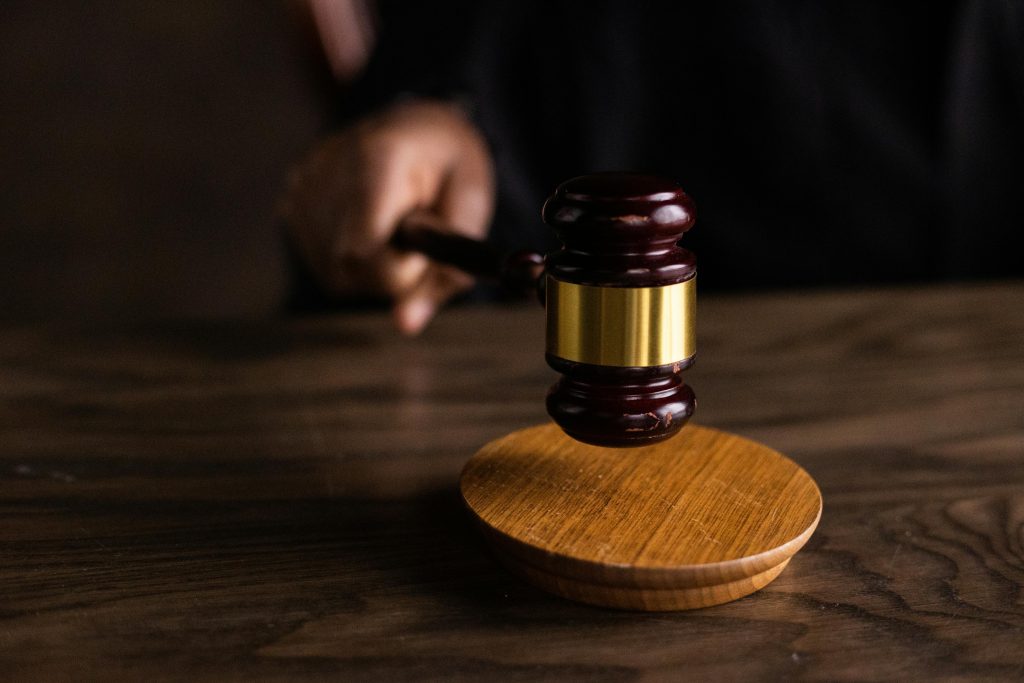Evidence serves as the foundation of persuasion within courtrooms, utilised to convince both judges and juries of the likelihood of truthfulness regarding assertions made in a case. It plays a crucial role in establishing or refuting claims. In the context of criminal proceedings, understanding the standard of proof becomes paramount.
What Is the Standard of Proof?
The standard of proof delineates the level of evidence necessary to substantiate a claim during a trial. It is incumbent upon the defence team to furnish facts that bolster their case for it to prevail. For instance, the phrase “beyond reasonable doubt” epitomises an exceptionally high standard of proof, requiring the court to harbour no doubts regarding the veracity of a claim.
The gravity of the matter dictates the stringency of the standard of proof. Criminal cases, bearing the potential consequence of imprisonment, demand the highest level of proof.
The Burden of Proof
The burden of proof, often termed the “onus,” primarily rests with the prosecution in the criminal justice system. It’s the prosecutor’s responsibility, not the defendant’s, to substantiate the charges. The prosecution must meet the legal burden of proof, demonstrating the defendant’s guilt beyond reasonable doubt across all facets of the offence.
In criminal trials, the Crown Court stipulates that the jury must be “satisfied so that you are sure” of the defendant’s guilt. This concept equates to a 99% certainty.
Presumption of Innocence
The principle of “presumption of innocence” safeguards individuals, affirming their innocence until proven guilty by the courts. The prosecution bears the onus of proving guilt beyond reasonable doubt, with the jury or magistrates tasked to convict only when certain of the defendant’s guilt.
Exceptions
Exceptions exist where the burden may shift, such as in cases of insanity. Reverse burdens, wherein the defendant must establish a particular issue, stand in contrast to the conventional scenario where the prosecution shoulders the burden of proof.
In the pursuit of fact-finding, the prosecution must establish all relevant facts. Both parties present evidence to the court, which ultimately decides the accuracy of each version based on the evidence presented. This process ensures fair trials and prevents wrongful or unjust convictions, encompassing rules of evidence and procedure.
Are you facing court or have a query we can help with? You can phone, email, or use the contact form with any questions you may have.

